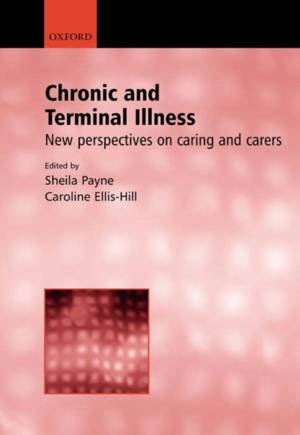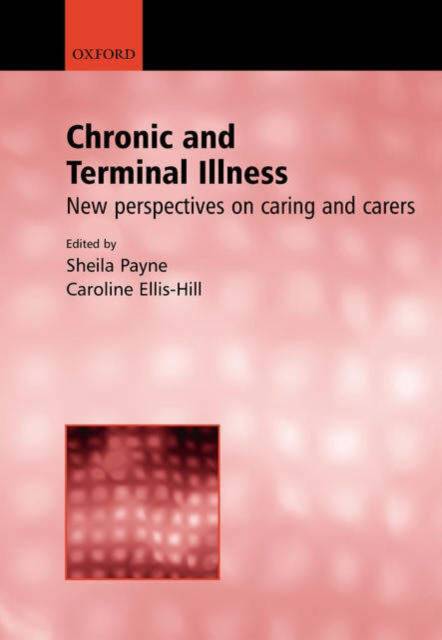
- Afhalen na 1 uur in een winkel met voorraad
- Gratis thuislevering in België vanaf € 30
- Ruim aanbod met 7 miljoen producten
- Afhalen na 1 uur in een winkel met voorraad
- Gratis thuislevering in België vanaf € 30
- Ruim aanbod met 7 miljoen producten
Zoeken
€ 137,95
+ 275 punten
Omschrijving
Most chronically and terminally ill patients are cared for in their own homes and represent a major yet free resource. These patients are not in hospitals or hospices and their day-to-day care is provided by family and friends at home. Carers are an invaluable resource and there is an
increasing amount of research into their role and the experiences in caring for the terminally ill, patients with cancer and patients with other chronic diseases.
This book provides a critique of the theoretical concept of caring, carers and caregivers. Material is based on empirical evidence from recent studies with adults with acquired chronic illnesses, including terminal illness. The empirical data within the book has been gathered from the perspective of
those providing personal, domestic or emotional care to others already known to them by virtue of kinship, co-habitation or friendship, rather than carers organized on a professional or voluntary basis.
increasing amount of research into their role and the experiences in caring for the terminally ill, patients with cancer and patients with other chronic diseases.
This book provides a critique of the theoretical concept of caring, carers and caregivers. Material is based on empirical evidence from recent studies with adults with acquired chronic illnesses, including terminal illness. The empirical data within the book has been gathered from the perspective of
those providing personal, domestic or emotional care to others already known to them by virtue of kinship, co-habitation or friendship, rather than carers organized on a professional or voluntary basis.
Specificaties
Betrokkenen
- Auteur(s):
- Uitgeverij:
Inhoud
- Aantal bladzijden:
- 184
- Taal:
- Engels
Eigenschappen
- Productcode (EAN):
- 9780192631671
- Verschijningsdatum:
- 1/07/2001
- Uitvoering:
- Paperback
- Formaat:
- Trade paperback (VS)
- Afmetingen:
- 150 mm x 226 mm
- Gewicht:
- 272 g

Alleen bij Standaard Boekhandel
+ 275 punten op je klantenkaart van Standaard Boekhandel
Beoordelingen
We publiceren alleen reviews die voldoen aan de voorwaarden voor reviews. Bekijk onze voorwaarden voor reviews.











